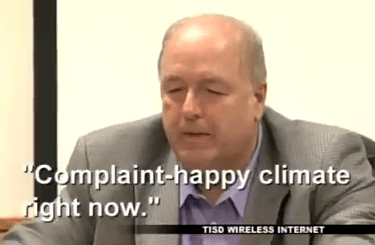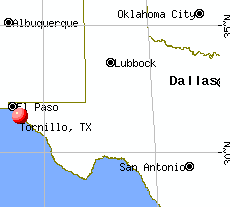 Time Warner Cable and other Texas cable operators are now free from their obligations to Texas towns and cities after winning a victory by default in the U.S. Supreme Court that invalidates local cable franchise agreements across the state.
Time Warner Cable and other Texas cable operators are now free from their obligations to Texas towns and cities after winning a victory by default in the U.S. Supreme Court that invalidates local cable franchise agreements across the state.
By refusing the hear a case filed by the Texas Public Utility Commission, the court let stand a lower court ruling that found Texas franchise laws discriminated against cable operators by holding them to local agreements its competitors never had to sign.
At the behest of AT&T, in 2005 the Texas state legislature passed a statewide franchise law that would allow the phone company to apply at the state level for permission to operate its U-verse cable system anywhere in Texas. But the law also compelled incumbent cable operators to remain committed to their existing local franchise agreements until they expired.
The Texas Cable Association, a statewide cable lobbying group, and Time Warner Cable filed suit in federal court challenging the law, winning their case when it reached a federal appears court in New Orleans. The appeals court judge ruled the Texas law discriminated against “a small and identifiable number of cable providers.”
 Under the court’s ruling, Time Warner and other cable operators are free to tear up their franchise agreements in cities like Irving, Dallas, and Corpus Christi. In practical terms, the court ruling could allow cable operators to stop supporting local public, educational, and government access channels, reduce franchise fee payments to local communities, and stop providing discounted service to public institutions.
Under the court’s ruling, Time Warner and other cable operators are free to tear up their franchise agreements in cities like Irving, Dallas, and Corpus Christi. In practical terms, the court ruling could allow cable operators to stop supporting local public, educational, and government access channels, reduce franchise fee payments to local communities, and stop providing discounted service to public institutions.
The “statewide video franchise” is a concept heavily pushed by both AT&T and Verizon because it reduces the number of communities phone companies have to negotiate with to provide video service. It also allows company lobbyists to specifically target a handful of state officials that end up with the responsibility of monitoring cable systems in the state. That is much easier to manage than dealing with dozens, if not hundreds, of individual community governments to win permission to serve different areas on different terms.
 Unfortunately, critics contend the agreements remove local control and oversight of cable operations, and also cuts into franchise fee payments to local communities, because many states routinely keep up to half of all franchise fees for state government coffers.
Unfortunately, critics contend the agreements remove local control and oversight of cable operations, and also cuts into franchise fee payments to local communities, because many states routinely keep up to half of all franchise fees for state government coffers.
The cable operators involved in the case did not blame the state for the provision in the law that kept them “hobbled” under their pre-existing local franchise agreements. Their court papers instead put the blame at the feet of lobbyists for AT&T, which they say has continued to heavily lobby officials to enact policies that disadvantage cable companies like Time Warner Cable in Texas.


 Subscribe
Subscribe










